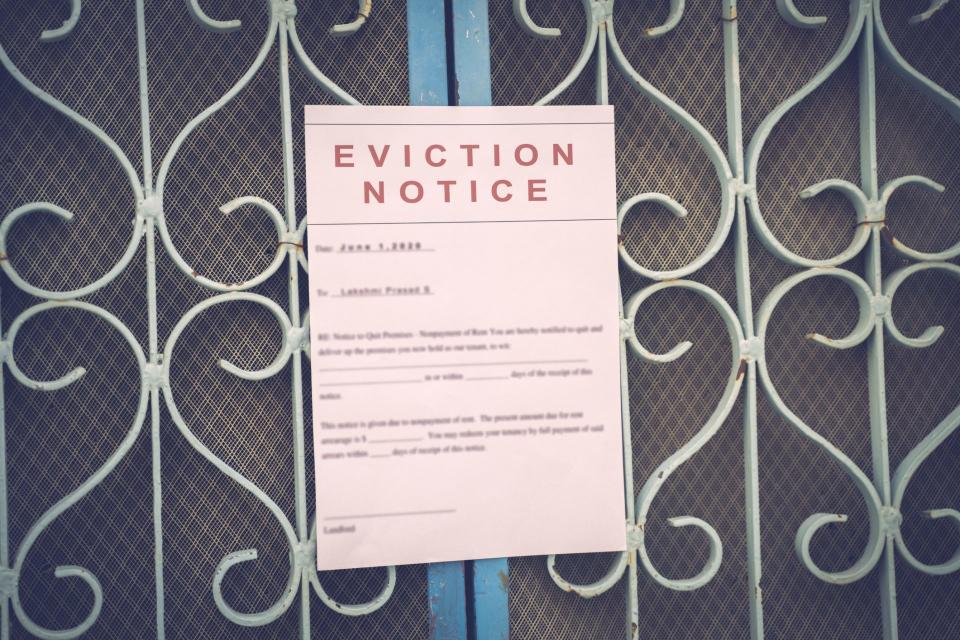Many States Have Given Out Less Than 5% in Rental Assistance as Eviction Ban Expiration Draws Near
As the federal moratorium on evictions nears its expiration date, U.S. renters are growing anxious. More than 10 million Americans, or 14% of renters, are still behind on their rent more than a year after the first COVID-related eviction ban, according to The Center on Budget and Policy Priorities.

See: Numerous Programs Offer Rental Assistance — Here’s How To Get It
Find: Fourth Stimulus Update Likely This Week
Congress has distributed more than $45 billion in assistance to help with rent and mortgage payments, but, according to CNBC, the rollout has been slow in some states since the first funding package was passed in December and the second in March. Complex paperwork and unclear requirements are to blame.
“It is a race against the clock at this point to get the money to the tenants who need it to avoid eviction,” says Diane Yentel, the president of the nonprofit National Low Income Housing Coalition, reports NPR.
Yentel noted that the money to help renters is going from the U.S. Department of Treasury Department to states and to city and county governments.
The Treasury Department issued instructions saying that programs should take struggling tenants at their word if they can’t provide a necessary document, Andrew Aurand, vice president for research at the National Low Income Housing Coalition, told CNBC.
Only about half of the 400 programs giving out assistance are making that option clear to tenants. This impacts those in need the most. Minority renters and parents or those living with children that reported their households were not caught up on rent doubled that of white households without children, according to CBPP data.
See: Your Babysitting and Daycare Costs Could Get You an $8,000 Tax Refund
Find: New Stimulus Perk Helps Pay for Your WiFi and Laptop
The lack of clarity delays payments to landlords as well.
“State and local distribution programs that deviate from congressional intent, enacting haircuts or caps on back-rent, leave rental housing providers to unfairly absorb the debt and ultimately threaten the future of housing affordability,” Greg Brown, senior vice president of government affairs at the National Apartment Association.
The federal eviction ban is set to expire June 30.
More From GOBankingRates
This article originally appeared on GOBankingRates.com: Many States Have Given Out Less Than 5% in Rental Assistance as Eviction Ban Expiration Draws Near
